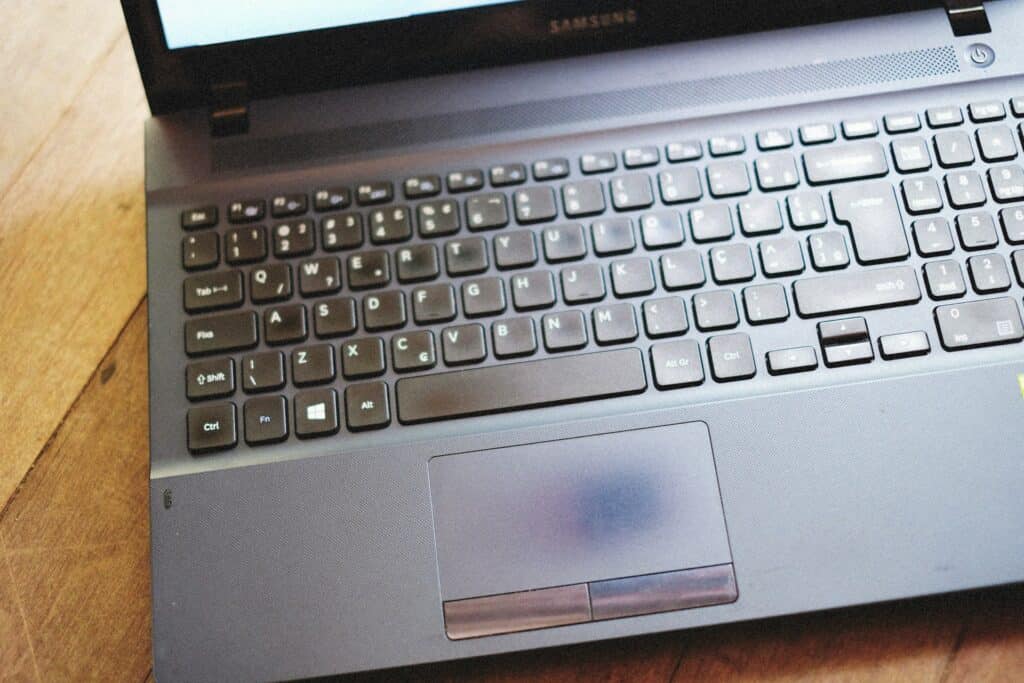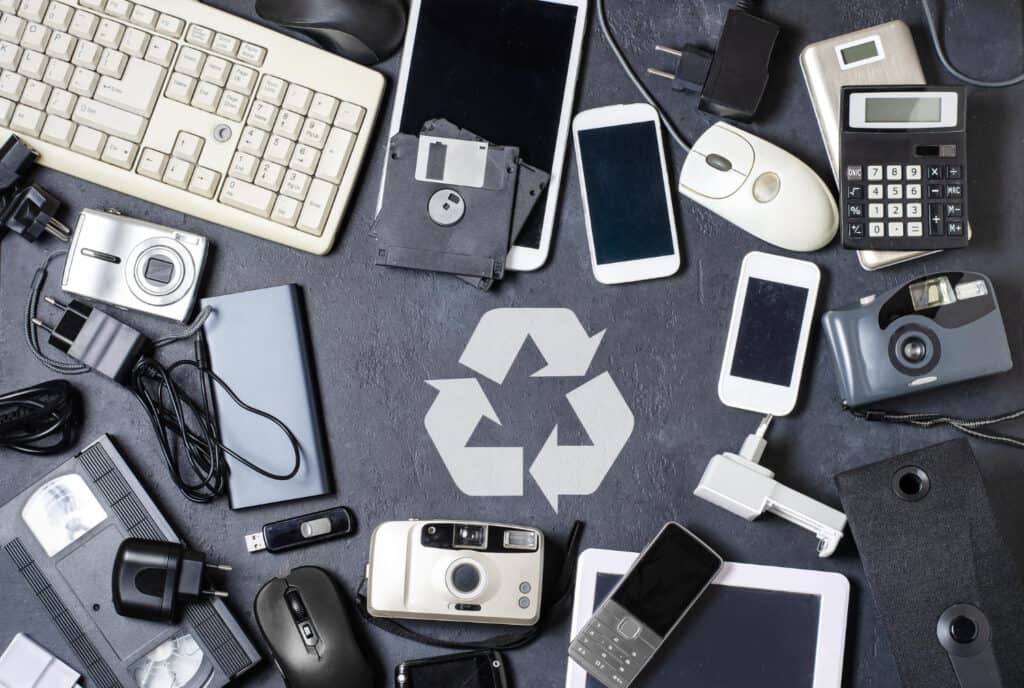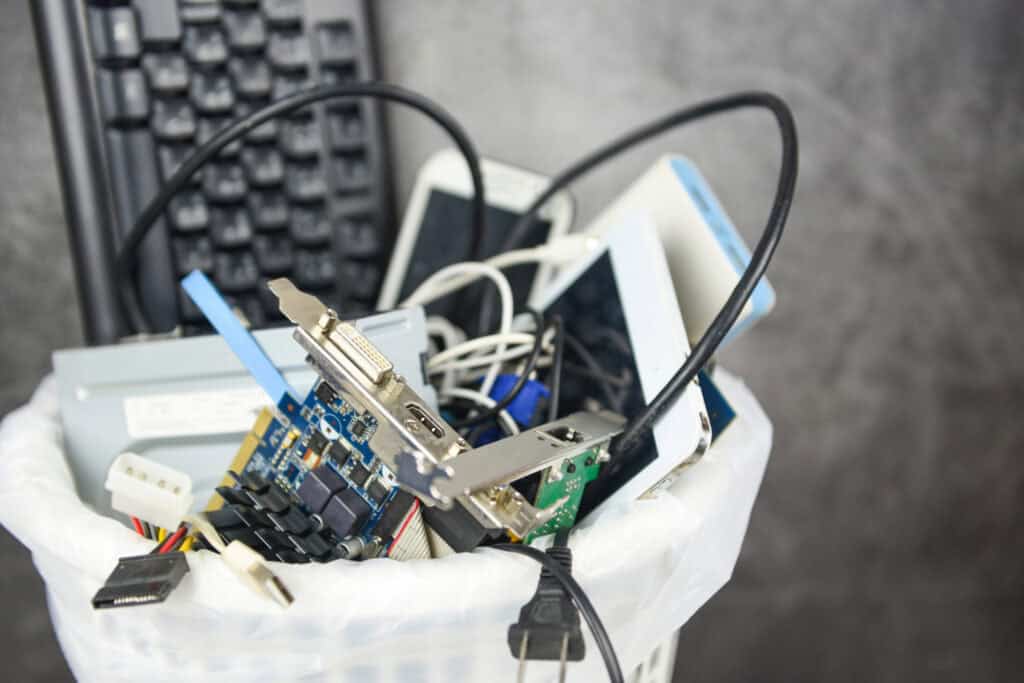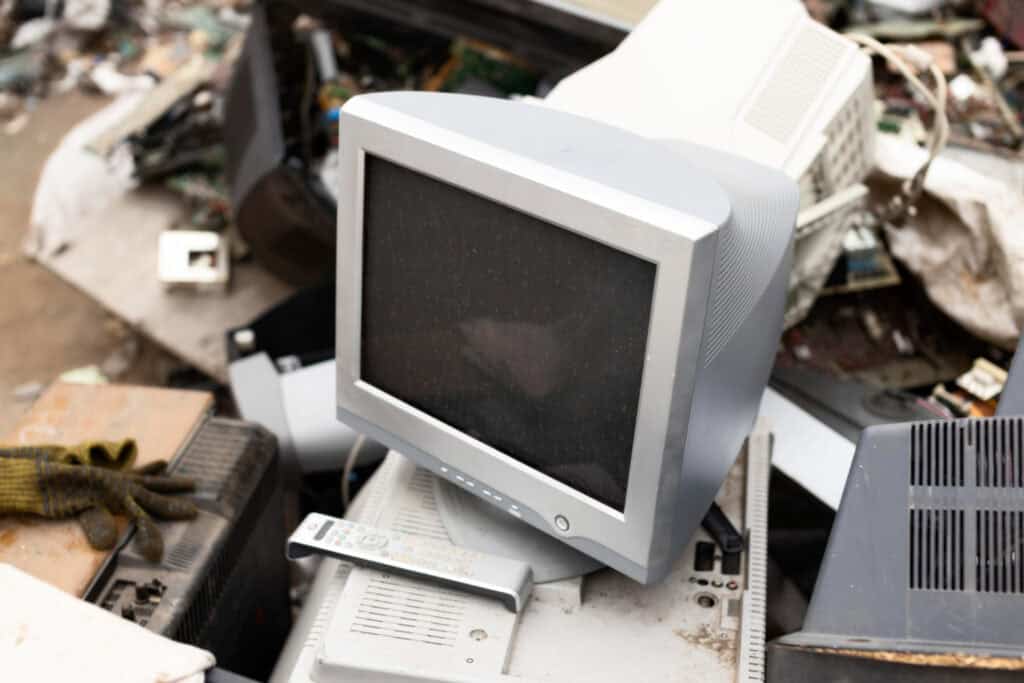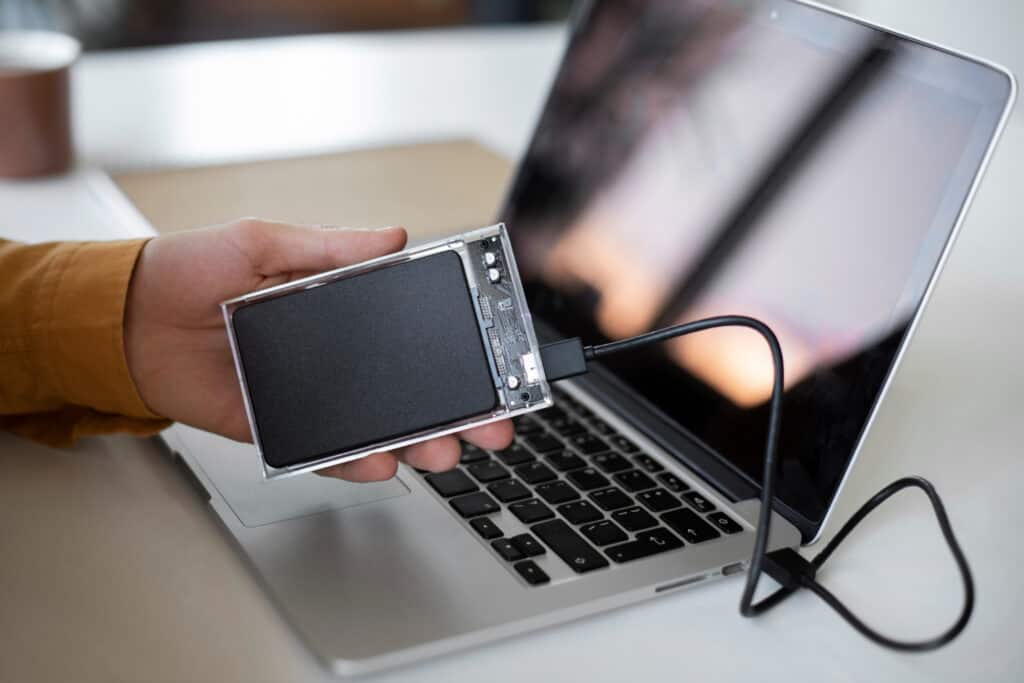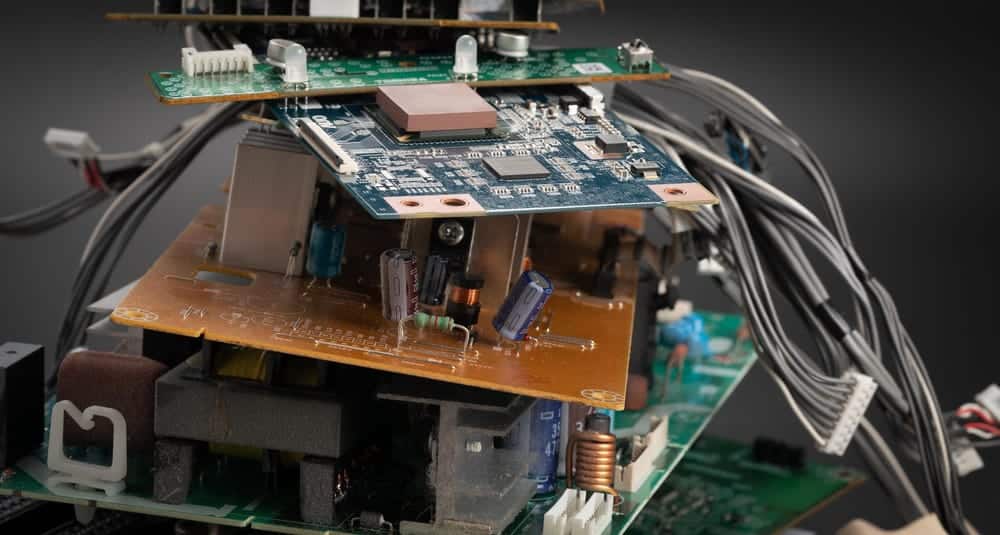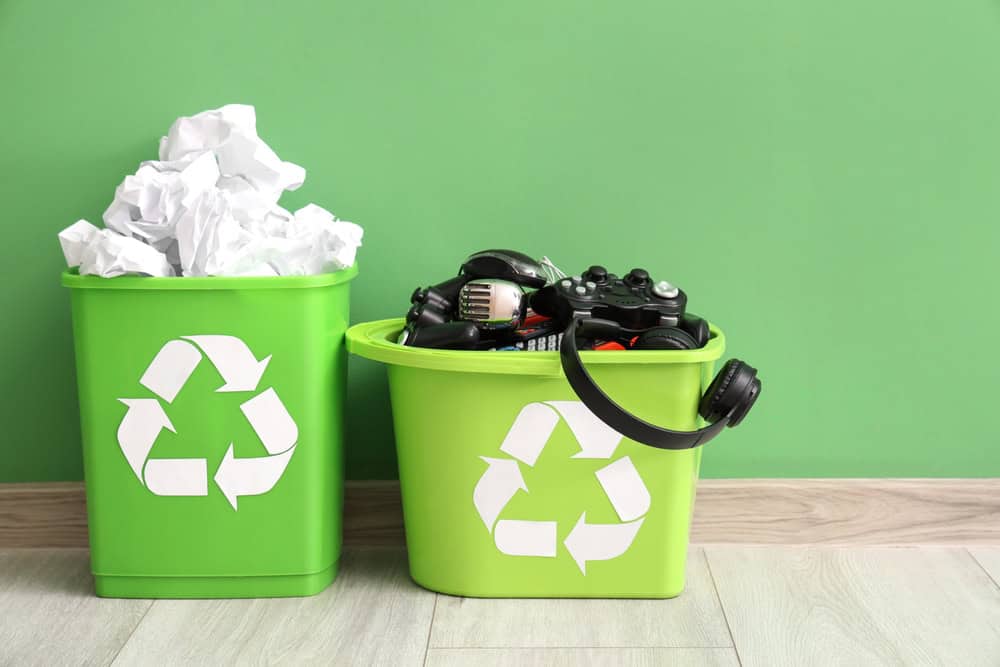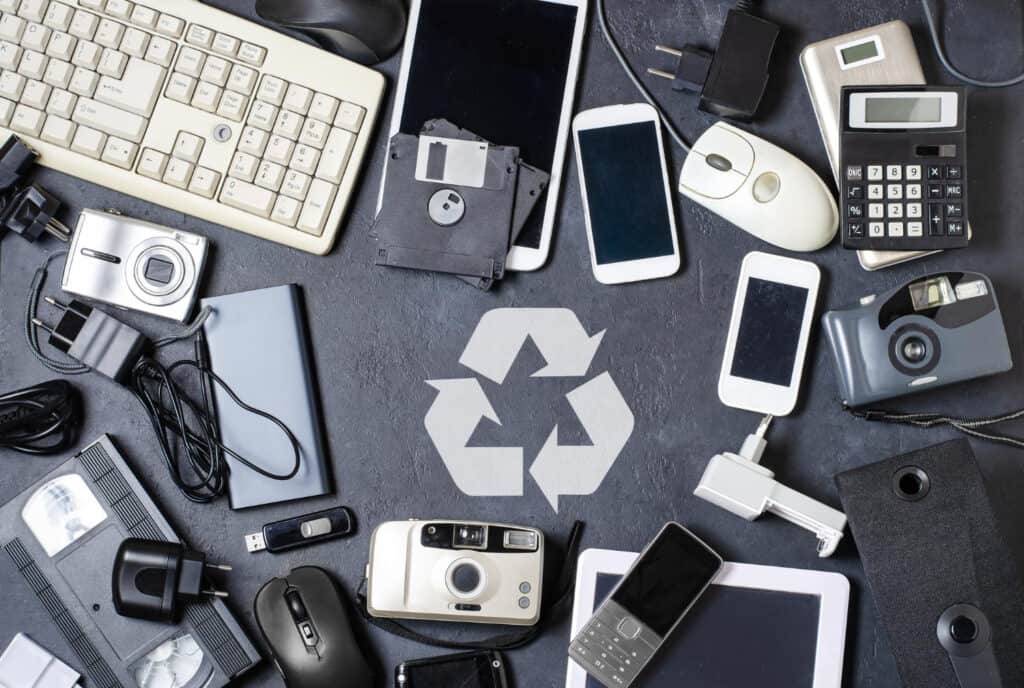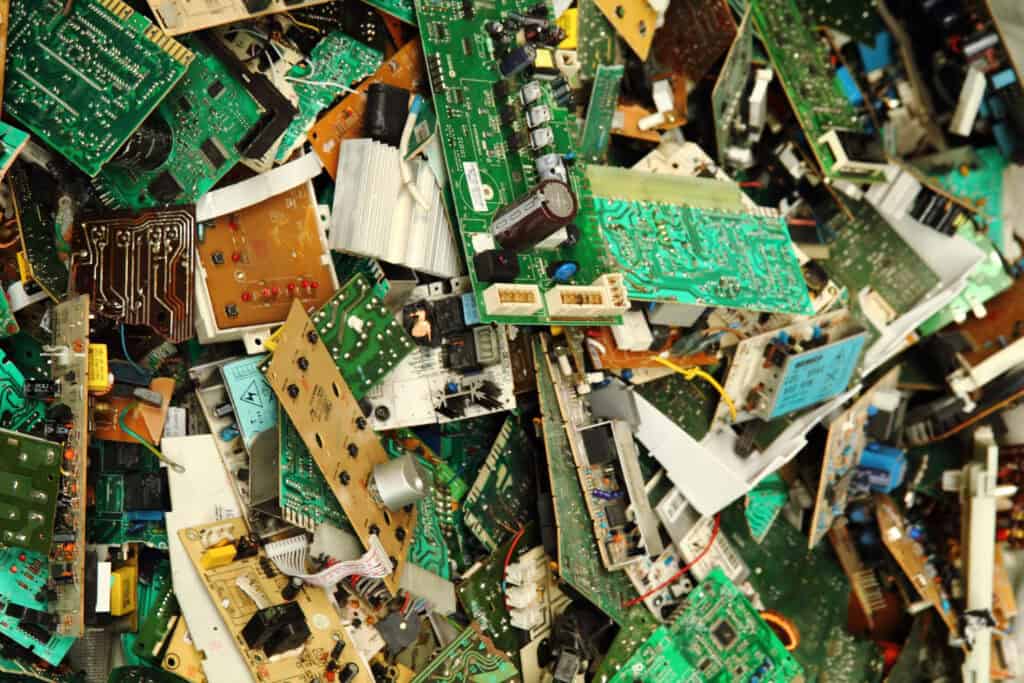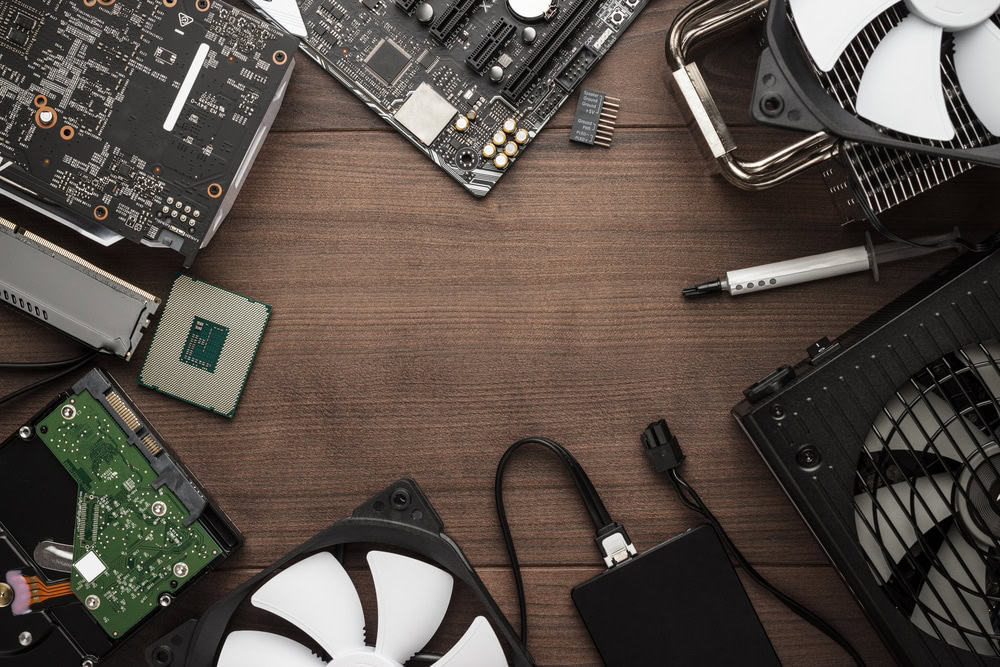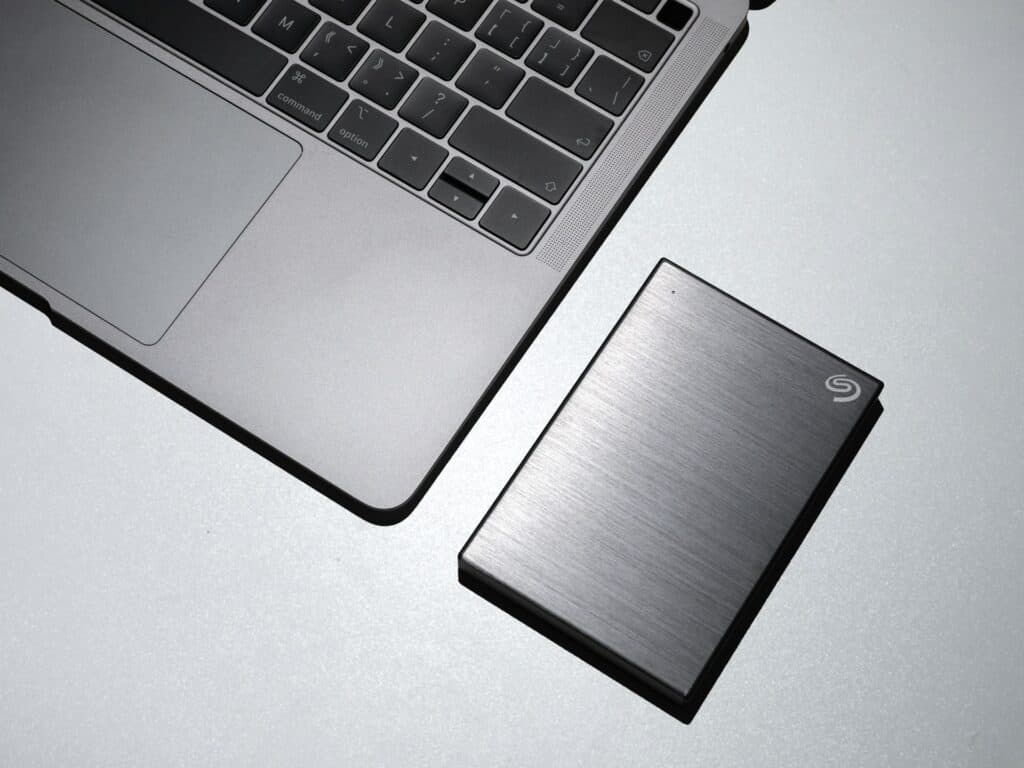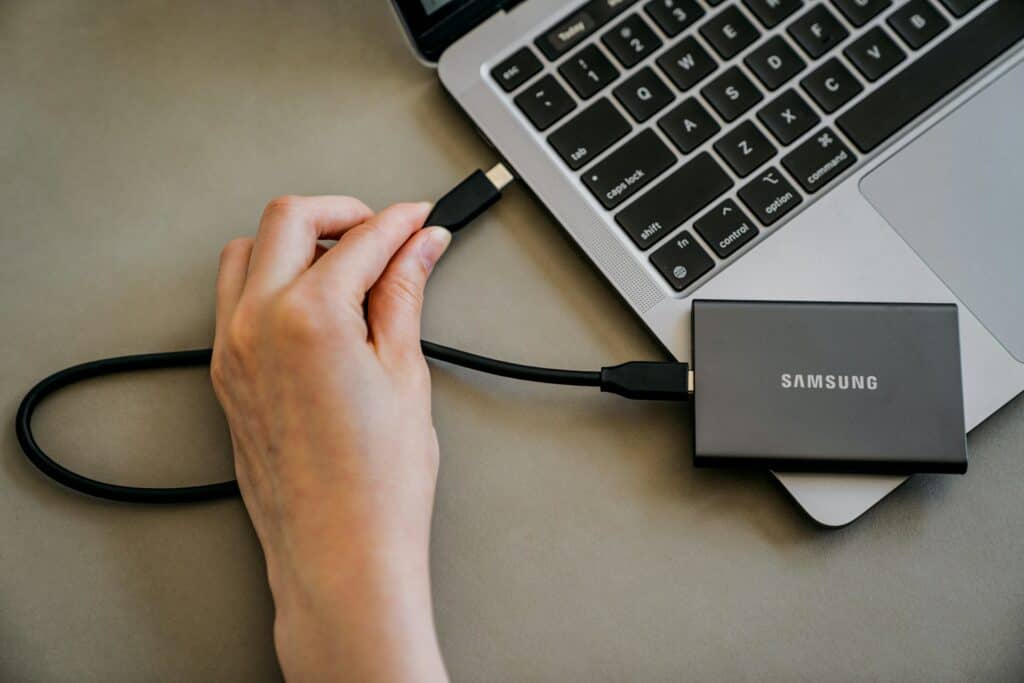Recycling electronics correctly is crucial for keeping our environment clean and safe. When people don’t recycle their old gadgets, it leads to a growing pile of e-waste. This kind of waste is not like your everyday trash. Old electronics often contain harmful materials like lead, mercury, and other toxic substances that can cause serious harm to the planet if they aren’t disposed of properly. Just tossing away these items can lead to pollution of our soil and water, starting a chain reaction that impacts everyone.
Beyond the environmental side, improper disposal of electronics can have other risks too. When electronics are not recycled properly, sensitive data might be left exposed. Imagine someone going through your old computer or phone and recovering personal information. That’s a scary thought, right? Plus, many laws now demand that electronics be disposed of correctly, and failing to do so could lead to fines or penalties. Understanding these risks emphasizes the importance of making sure our old gadgets don’t just become another piece of junk.
Environmental Impact of Incorrect Electronics Recycling
When electronics aren’t recycled properly, the environment takes a big hit. Electronic waste, or e-waste as it’s commonly known, is full of nasty stuff that doesn’t just disappear overnight. For instance, your old smartphone battery might seem harmless, but if it’s not disposed of correctly, it could leak chemicals into the ground, eventually reaching our water supply. This creates a domino effect, leading to contamination that harms plants, animals, and us humans.
Consider this: electronic devices often house materials like lead and mercury. When gadgets end up in landfills, these materials can seep into the earth, causing long-term damage. The soil might become less fertile, and nearby water sources could be tainted, affecting entire ecosystems. Reports often highlight the importance of preventing these substances from entering our environment — a reminder of why we need to be cautious with our old electronics.
To minimize the damage, communities and individuals can play a role in fostering better recycling habits. Many local initiatives encourage people to dispose of their e-waste in specified centers. These centers are equipped to handle and process the gadgets carefully, keeping harmful substances from harming the environment.
We can all make a positive impact by committing to proper recycling. By ensuring electronics don’t end up in the trash, we can help protect our planet and set a positive example for others. Next time you’re tempted to throw away an old device, remember the potential harm and choose a greener path — your neighborhood and the earth will thank you.
Health Risks Associated with E-Waste
When electronic waste isn’t handled properly, it can pose significant health risks. Improper recycling means that toxic chemicals might be released into the air, water, and soil. These chemicals include lead, mercury, and cadmium, which can negatively affect not just the environment but our health too. Breathing air that contains these toxins or consuming water contaminated by them can lead to serious health problems over time.
For humans, prolonged exposure to these harmful substances can result in a range of health issues. For instance, lead exposure has been linked to developmental issues in children and can also cause neurological damage in adults. Mercury, another common element found in electronics, can harm the kidneys and nervous system, while cadmium can damage the lungs and bones. Animals and plants aren’t immune either, as these toxins can disrupt ecosystems, causing harm to wildlife and diminishing plant growth.
Taking a proactive stance by properly recycling electronics helps protect public health. By ensuring devices are disposed of safely, we minimize the release of toxins into our environment. This commitment to safe recycling practices not only safeguards human health but also contributes to a more balanced and healthy ecosystem for all living things.
Legal and Financial Consequences
Ignoring proper recycling guidelines doesn’t just affect health and the environment; it can also lead to significant legal and financial repercussions. Many regions have strict regulations regarding the disposal of e-waste. Failing to comply with these laws can lead to fines or legal action, hitting individuals and businesses in their pockets.
These laws are in place to ensure that electronics are handled in a way that minimizes environmental and health risks. If electronics end up in landfills instead of designated recycling centers, it could result in violations of local waste disposal regulations. In some cases, businesses might face penalties that could have been avoided with proper recycling practices.
Beyond potential fines, there’s the cost of reputation damage, especially for businesses. Being known for poor waste management can turn customers away. Staying informed about local e-waste laws is essential to avoid these costly pitfalls. By adhering to legal requirements, we not only avoid financial setbacks but also demonstrate a strong commitment to civic responsibility and environmental stewardship.
Social Implications
The way we handle electronics has implications that ripple through society. Improper disposal of e-waste affects communities, leading to social and ethical concerns. When electronics aren’t recycled properly, the resulting pollution can burden communities with contaminated land and water, further widening the gap between more and less privileged areas.
Communities bear the brunt of pollution, sometimes making it difficult to cultivate crops or maintain healthy living conditions. This creates an ethical dilemma and calls for more corporate accountability. Companies and individuals both have a role in promoting responsible recycling practices, ensuring that everyone benefits from cleaner and safer environments.
By choosing responsible recycling, we’re not just protecting the environment and health but also fostering stronger, more resilient communities. Engaging in sustainable practices and supporting local recycling initiatives further underscore the importance of collective responsibility.
Encouraging Proper Electronics Recycling
To make recycling electronics an easy choice, it’s helpful to know how you can effectively do it. Here are some simple steps to ensure you’re disposing of your gadgets the right way:
– Research local recycling centers that accept e-waste. Many communities have dedicated drop-off points where old electronics can be safely processed.
– Check if your nearest electronics store offers a recycling program. Some retailers provide convenient take-back services for old devices.
– Before recycling, make sure to wipe all personal data from your devices to protect your privacy.
– Donate functioning devices to charities or organizations that refurbish and distribute them to those in need.
In places like Atlanta, electronics recycling is made easier with various services dedicated to handling e-waste efficiently. Using these methods not only helps keep potentially harmful materials out of landfills but also supports the reuse of valuable resources found in electronic devices. Encouraging proper recycling habits benefits everyone and contributes to a healthier planet.
A Greener Tomorrow
Addressing the improper recycling of electronics is a step toward safeguarding our future. By conscientiously managing how we dispose of gadgets, we make strides in preserving the earth’s natural beauty and resources. This small effort goes a long way in reducing pollution and conserving ecosystems.
Every device recycled makes a difference. Choosing to recycle wisely reflects an understanding of the broader impact our actions have on the world. As we continue to address these challenges, we shape a future that values sustainability and the wellbeing of our communities. Let’s work together to make responsible recycling the norm and lay the groundwork for a cleaner environment for the generations to come.
Ready to make a positive change for both the planet and your community? Discover how simple and impactful electronics recycling in Atlanta can be with ReWorx Recycling. Embrace responsible recycling practices and help build a sustainable future.



